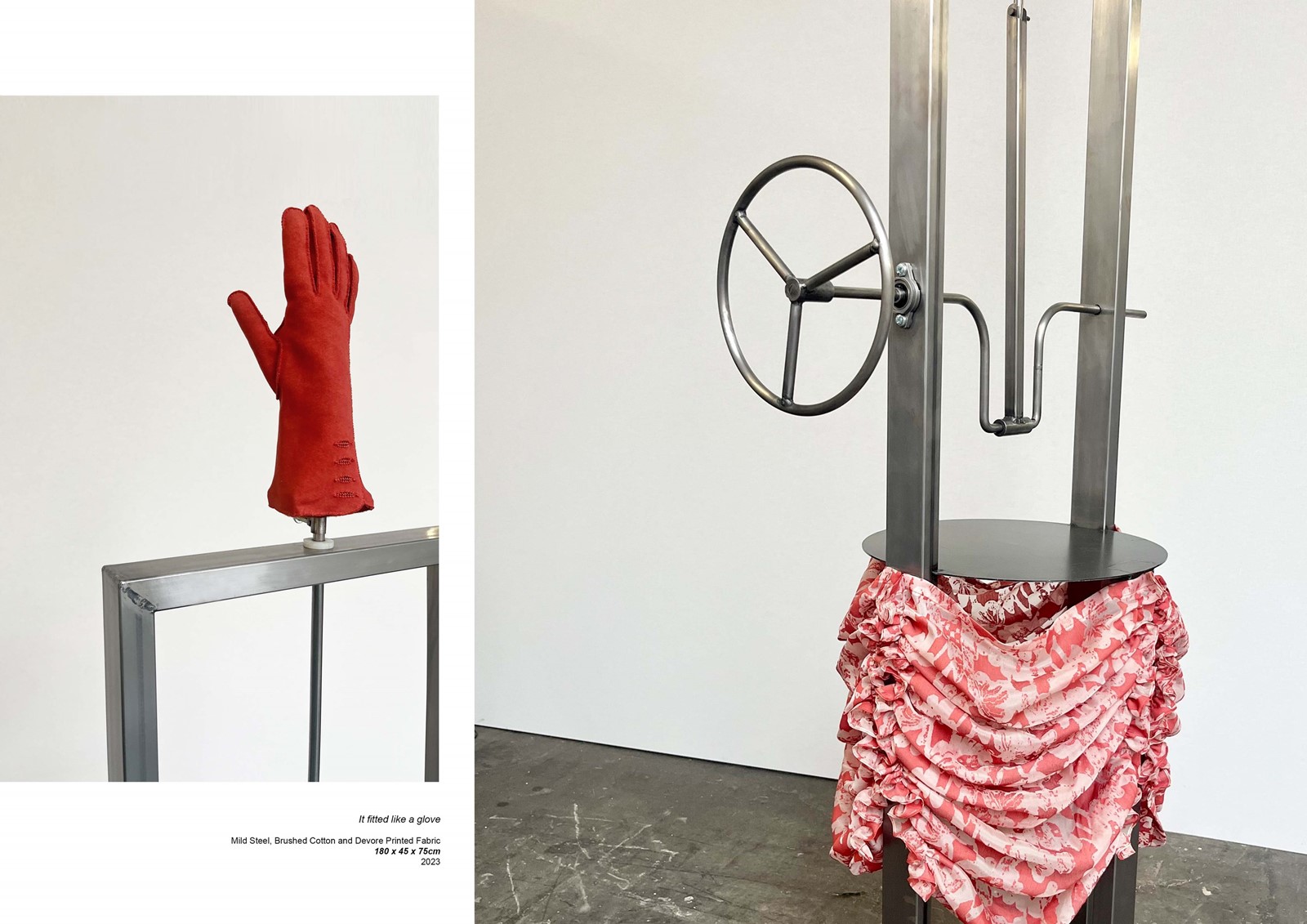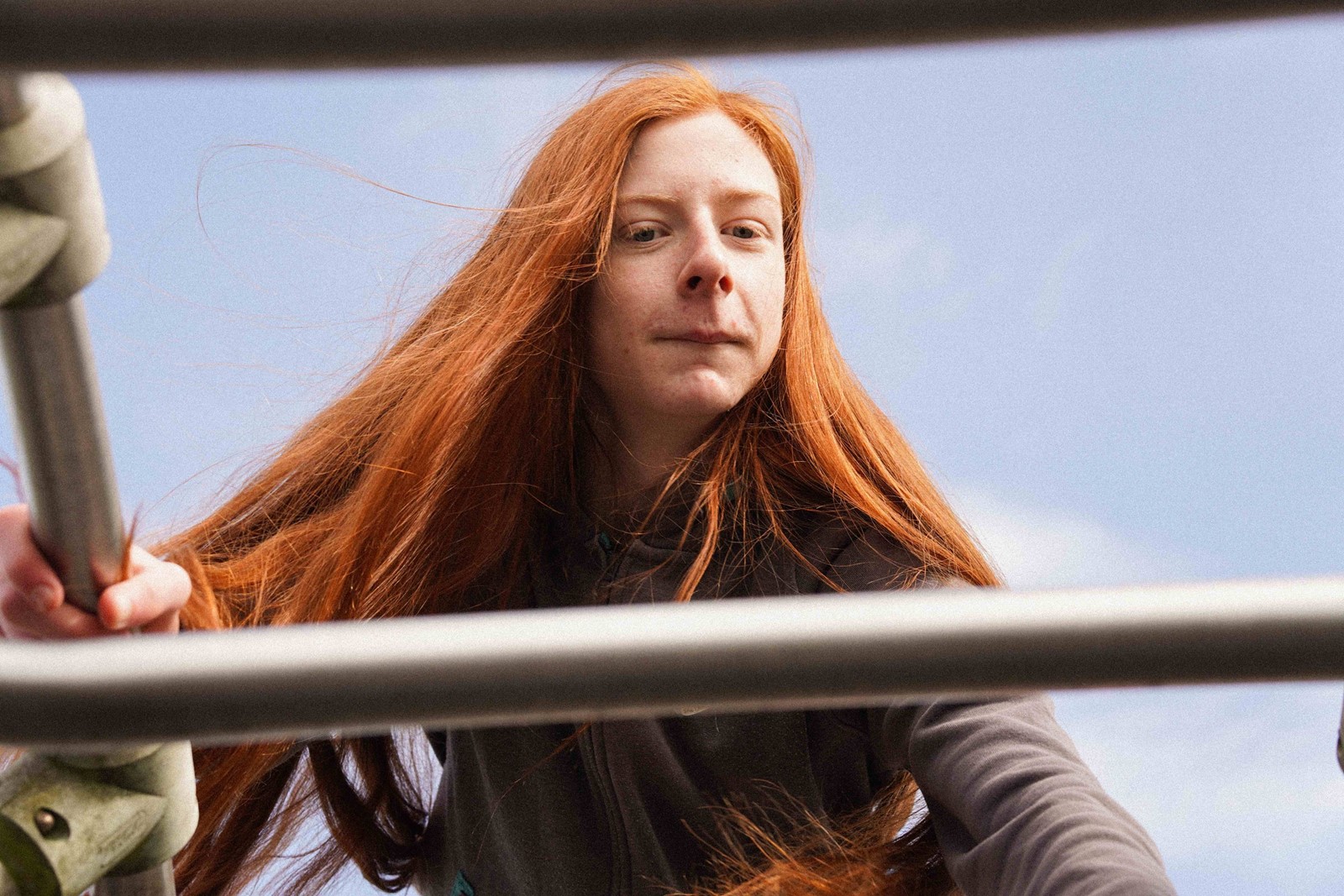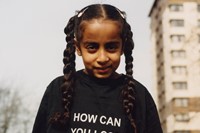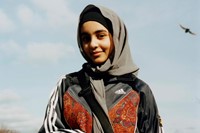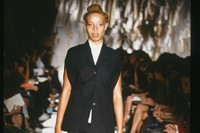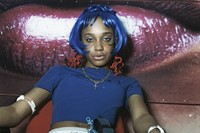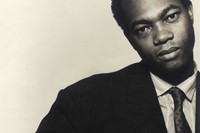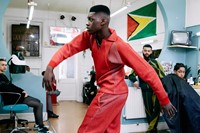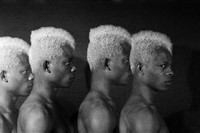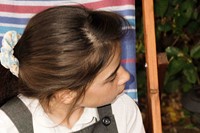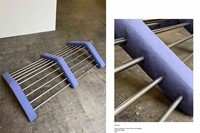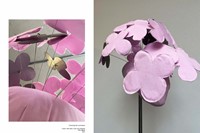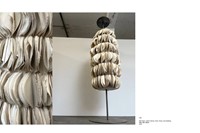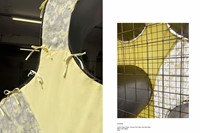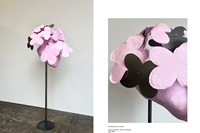In 2017 I co-curated North: Fashioning Identity with Lou Stoppard. The exhibition examined the ways the North of England has been depicted, constructed and celebrated by photographers, designers and artists. Chanel’s decision to stage their Métiers d’art show in Manchester today proves that this part of the world continues to have global influence.
The iteration of the North exhibition at Somerset House concluded with an image of a young woman wearing a blue suit photographed by Jamie Hawkesworth – who also shot the feature imagery for Chanel – accompanied by a text that still feels relevant: “This exhibition attempts to show that there is not one North, it is a complex area significant in influence and rich for exploration. It is also ever-changing, something that can often be overlooked when relying too much on past glory. The work in the exhibition is informed by the formative experiences that each contributor developed by engaging with their own zeitgeist. Each day, the North continues to fashion identity.”
With fashion attention once again on the North of England, AnOther spoke to five creatives about how their personal experience of the North informs their practice, the opportunities living and working in the North offers, but also the challenges of how to navigate a relationship with the capital.
Kazna Asker
“I think a lot of the opportunities come from the strong values of community in the North,” says Kazna Askar. “I was raised in super tight-knit communities (in Sheffield) where we would help and support each other.” It is this value that the fashion designer and community activist places in community; it is also the major motivation behind her work. For her presentation at London Fashion Week in September, Asker screened Fight for me, Sheffield, a short film “featuring interviews with teachers, community leaders, activists, councillors and business owners who were all born and raised in the city and continue to fight for the city every day.”
While studying a Fashion MA at Central Saint Martins, she collaborated with photographer Farid Renais Ghimas to capture her collection of upcycled and handmade jackets and bags that combined traditional Yemeni textiles with “my Northern upbringing of tracksuits and community,” all modelled by local young people.
Now based back in Sheffield, Asker explains the advantages of working there rather than London. “It is more fulfilling knowing I have a strong support system I can fall back on to create opportunities,” she says. “There is not the competitive atmosphere like in London, but also not the funding, so we are able to create our own opportunities by collaborating with youth clubs, schools, communities – which always leads to opportunities to create an impact on the next generation.”
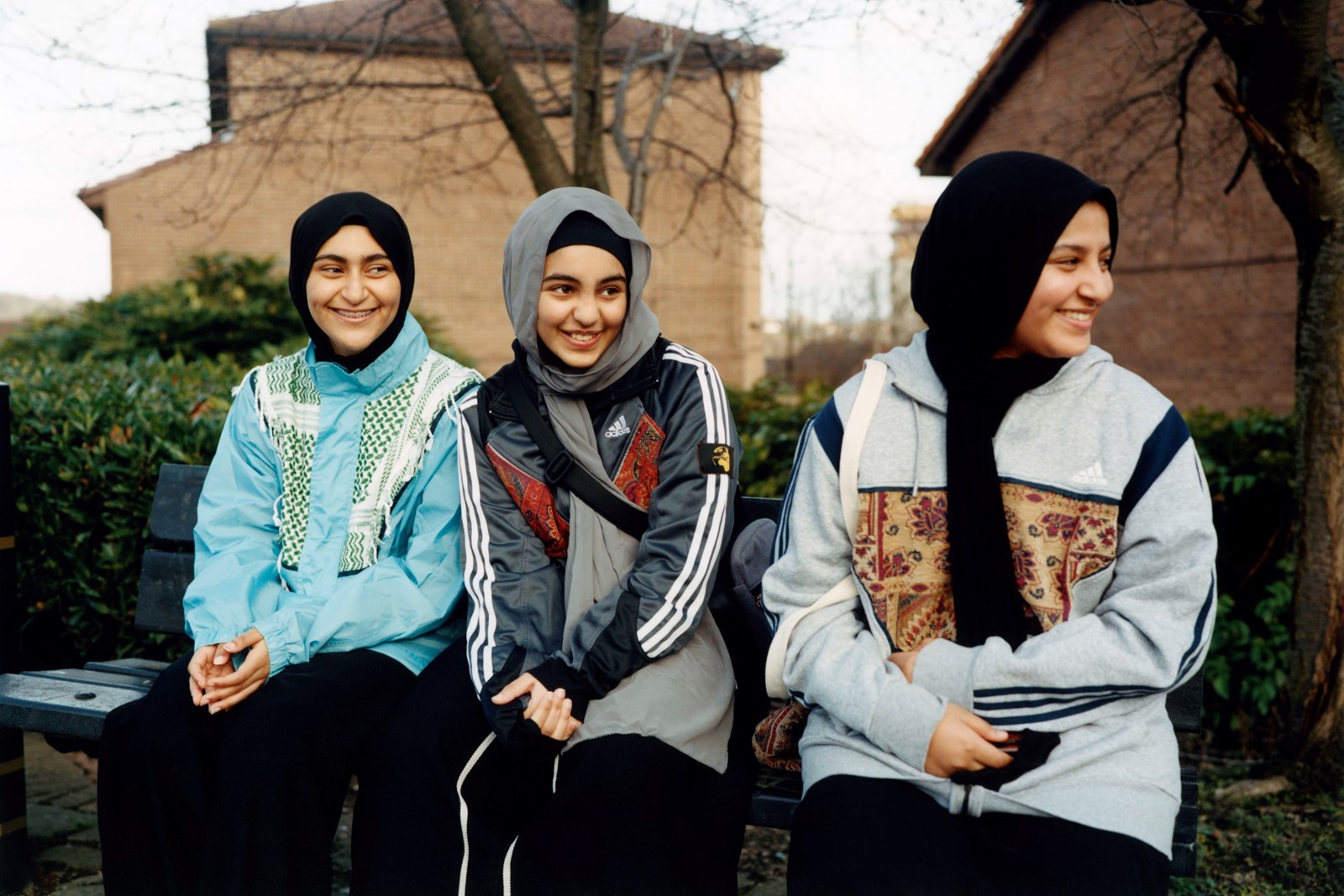
Andrew Ibi
Since moving to Manchester from London in 2017, Andrew Ibi has been balancing life in the North-West as an academic, designer, curator and co-founder of BOLD Agency (Black Orientated Legacy Development). “I headed to Manchester to remove myself from London and experience a different UK cultural perspective,” he says. “I launched E. Macbean as a design project in 2020, and although Covid derailed that rather quickly, the project proved that, practically speaking, it might be possible to operate remotely, away from London. BOLD agency was founded in 2020 in the wake of George Floyd’s murder and the wheels were set in motion for The Missing Thread.”
On show at Somerset House until 7 January 2024, The Missing Thread charts the shifting landscape of Black British culture since the 1970s and the unique contribution it has made to Britain’s rich design history. “The pace is slower in the North, it is cheaper and spaces are relatively affordable, offering ‘the luxury’ of time to think creatively and develop projects,” he says.
Ibi is still acutely aware that London is the central hub of activity and energy in the UK. “Being in the North definitely limits immediate opportunities, not being present and visible is a challenge,” he concludes. “There is still a lack of diversity or inclusivity in the North, even though communities exist – bringing these together is definitely an opportunity. The creative infrastructure needs to improve to support opportunities, or the focus is simply to export to London – the North needs to be self-sustaining to encourage growth.”
Read AnOther’s feature on The Missing Thread exhibition here.
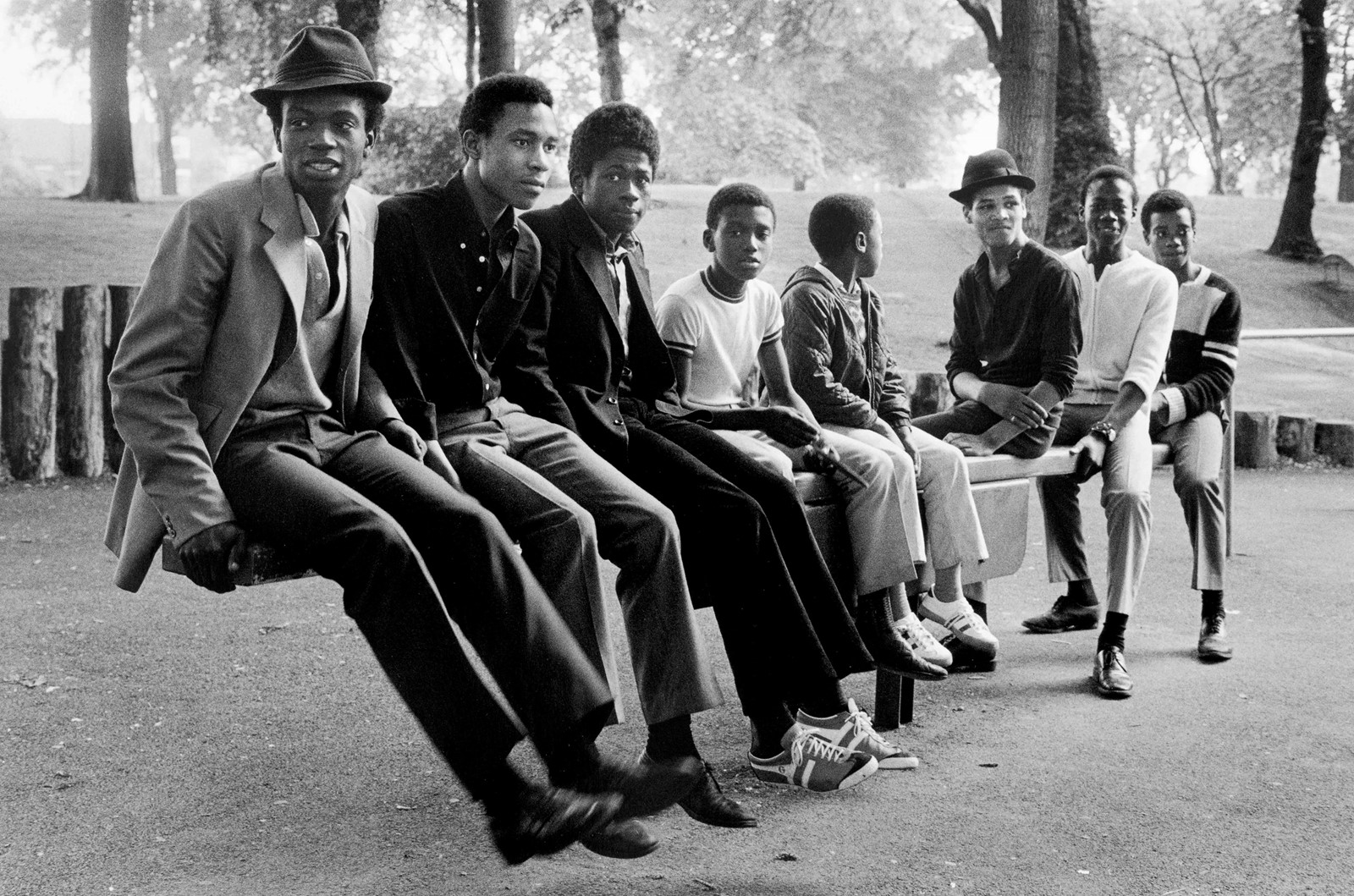
Ce Nedra Riley
It was leaving her childhood home in order to study a BA in Fashion Communication and Promotion at Central Saint Martins, that prompted Ce Nedra Riley to begin her project No.43. “The work is an exploration of my family and the difference of living at home in Merseyside, versus London,” she says. “There is a certain quietness that comes with living at home. It is a way of looking at the difference of life here and there, and how returning home now feels like I’m visiting, rather than belonging there.”
Although Riley acknowledges that the rich cultural identity of Merseyside can be an advantage, she can also relate to her peers who feel pressure about where the best place to live is in order to build a career. “There’s a big stigma around creativity and living in the North – sadly a slightly negative one,” she says. “I was told multiple times that moving to London was the only way to develop a professional network, but since moving, my work is still centred around the North – if anything it plays a bigger role than ever for me.”
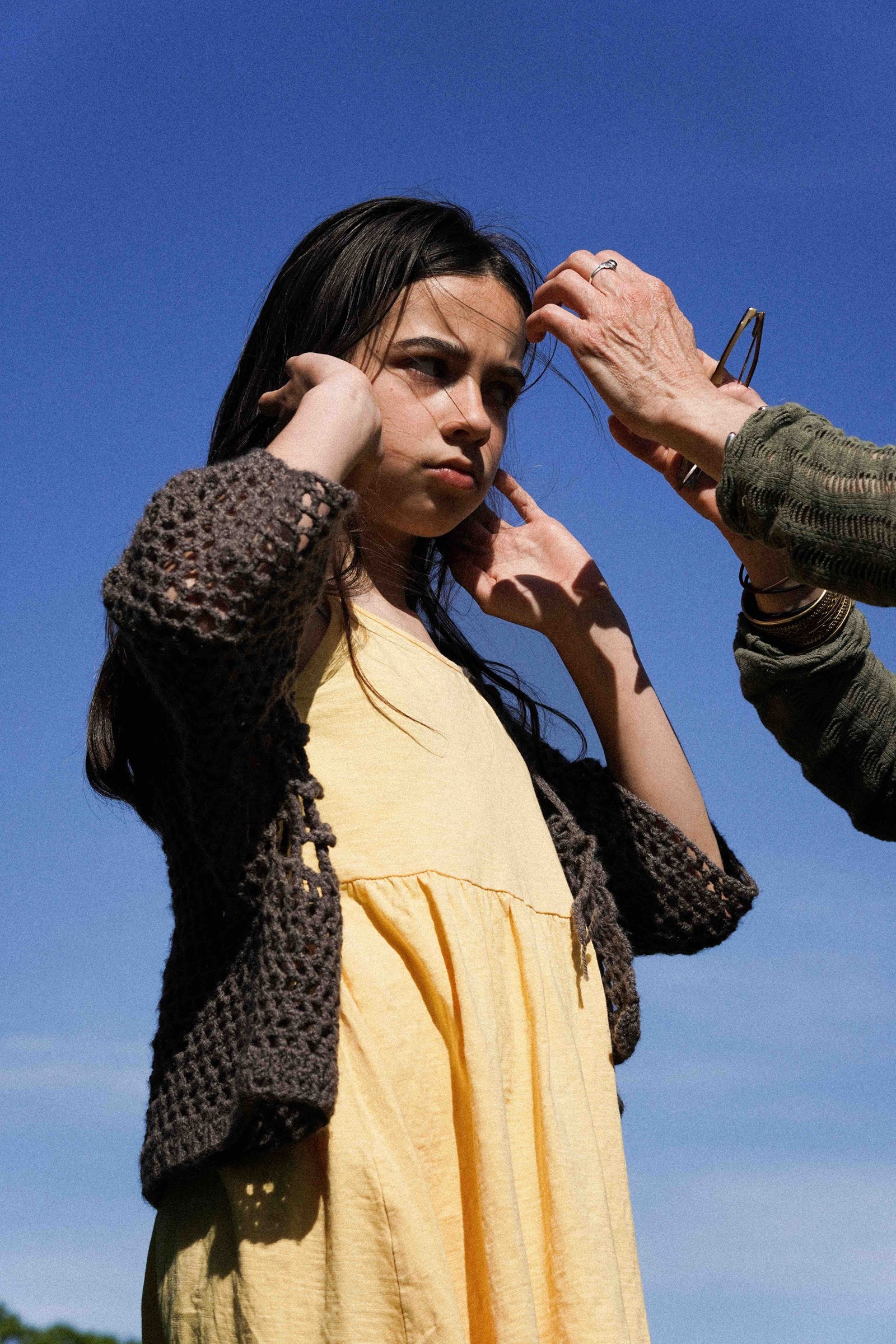
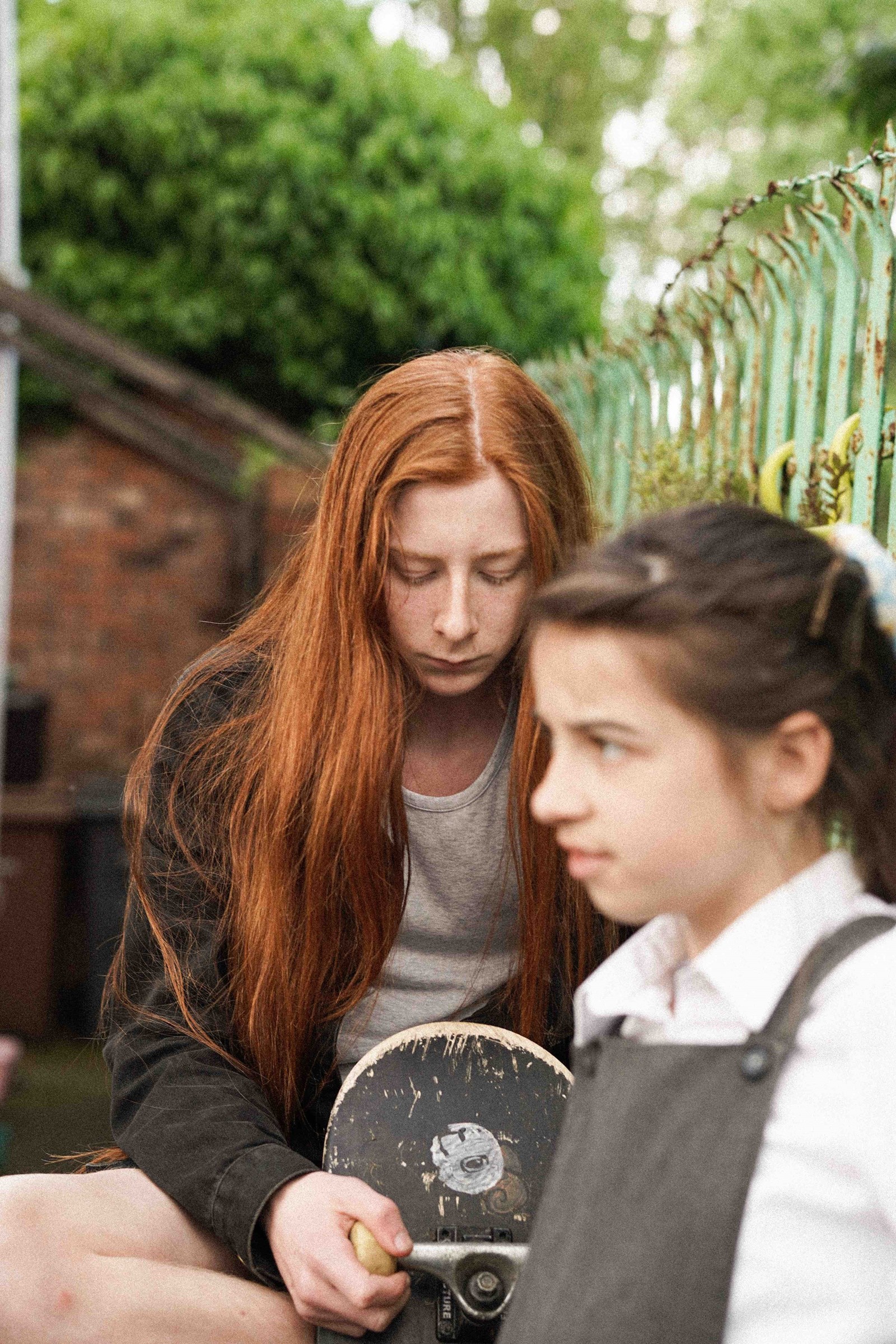
Christopher Shannon
Founded by Joe Torr, Village Books has been a leading force in visual culture in the North for over a decade. From two stores in Leeds and Manchester, they have long championed artists and photographers. Currently on display in their Oldham Street gallery space is This Faulty Armour by visual artist and fashion designer, Christopher Shannon.
Shannon relocated to his hometown of Liverpool in 2019, continuing to release limited batches of his well-known menswear, but also giving himself time to focus on making visual art. Visitors to the exhibition are presented with a series of textile collages in which Shannon repurposes a mix of seemingly discarded and irrelevant objects.
Writer Malik Al-Mahrouky reflects on the work in an accompanying text. “There is a distinct feeling of Northern aesthetics, of things trying to be the best they can, yet fraying at the edges. Budgeted brilliance,” he writes. “A glistening jewel or a random pearl in a sea of hopelessness. A hope that it will get better when it never really does. Let’s be defiant when we have nothing else to be. Let’s want for more when we know we never can’t. Not today. This is Liverpool and this is home for Shannon. In Liverpool there is texture and irony; across This Faulty Armour there is texture and irony.”
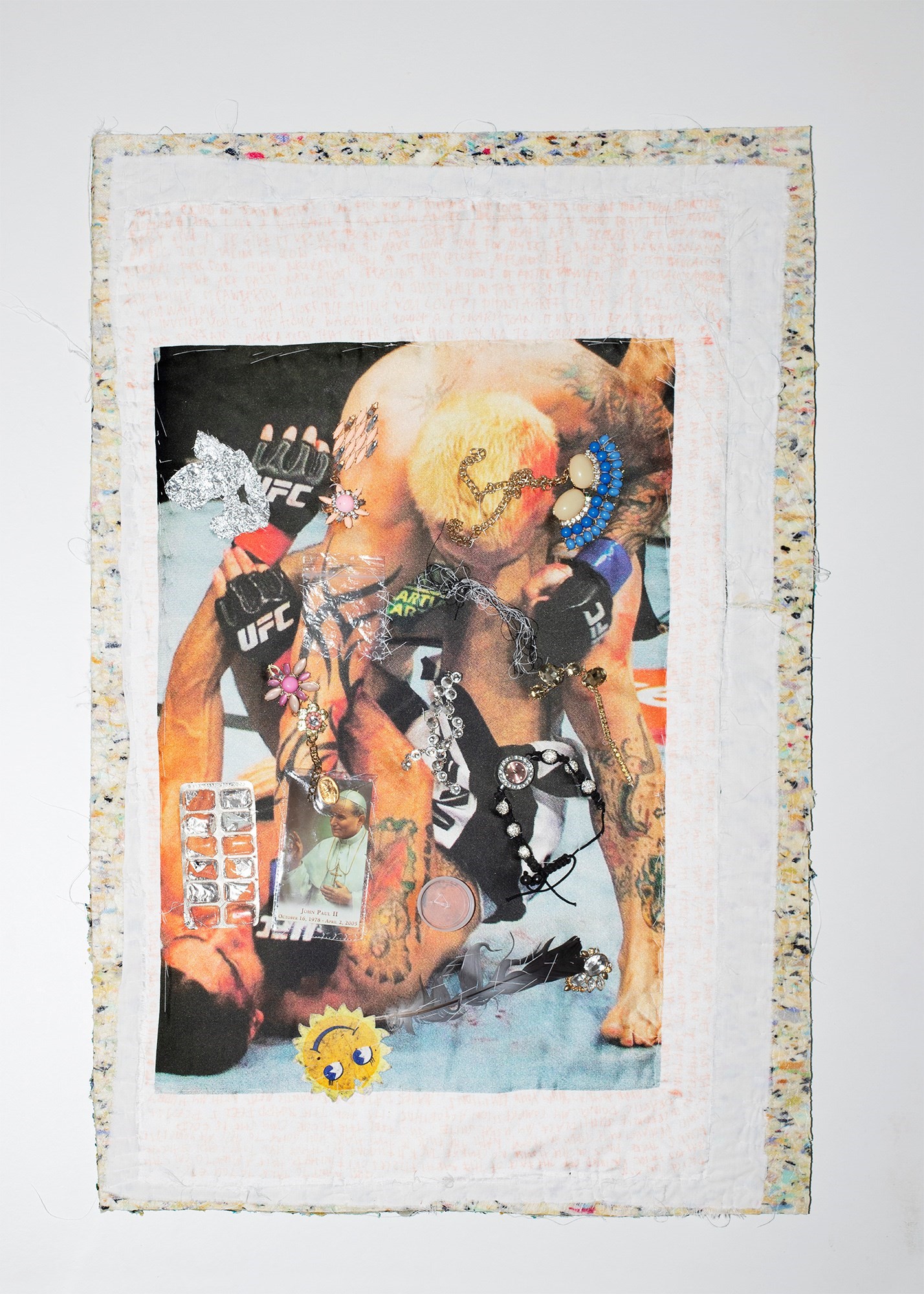
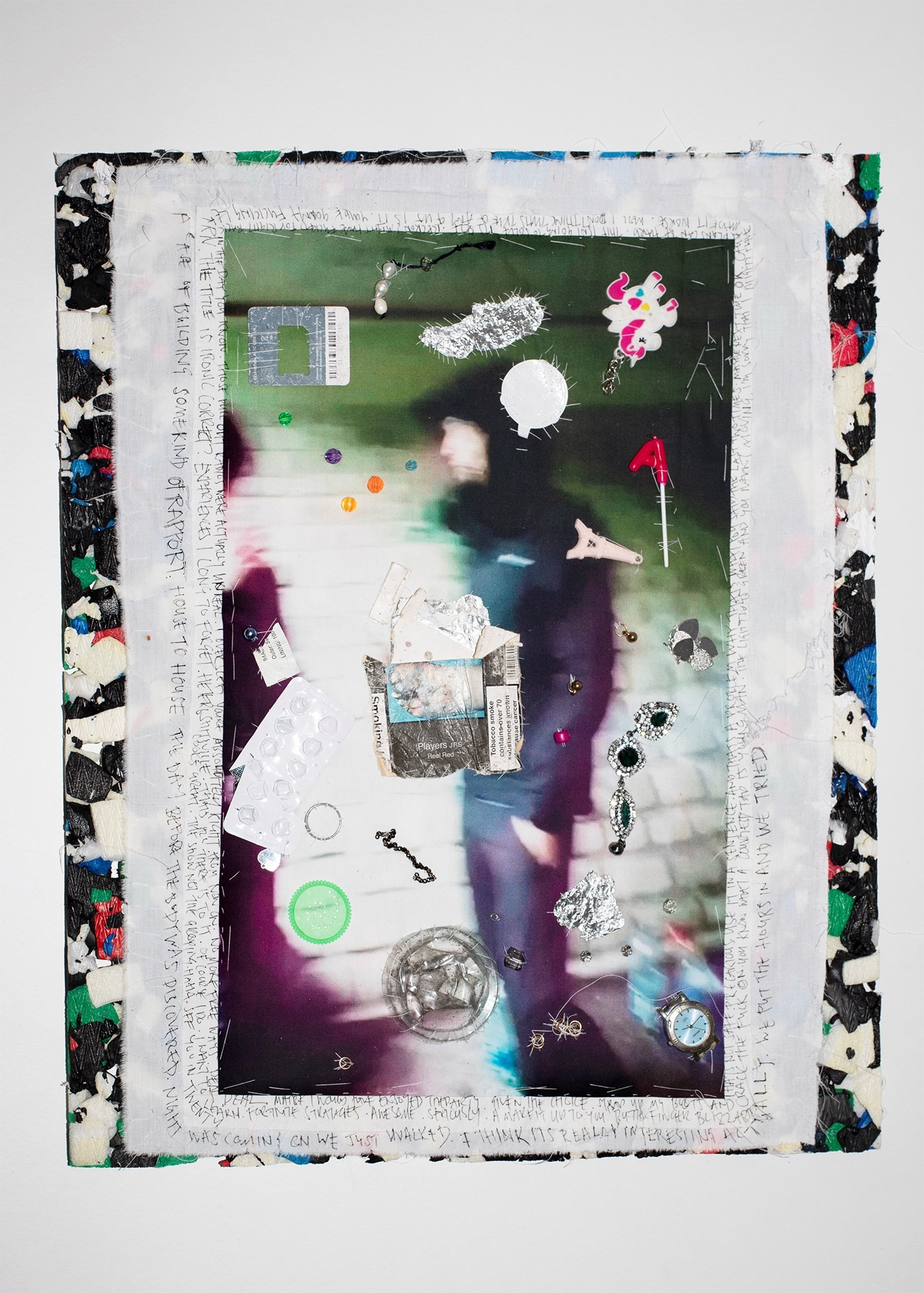
Emily Tonge
“Through a feminist lens, this body of work examines historic notions of Northern female identity, paying homage to the women who partook in the Cotton Queen Quest and textiles industry in Lancashire,” explains artist Emily Tonge of her recent project, completed while studying a Fashion MA at the Royal College of Art. Tonge grew up in Bolton, Lancashire, and as such sees the North-West of England as “my place of research, steeped in important histories that frame contemporary narratives.” These include ”labour, coloniality and exploitation,” she says.
During the 1930s, The Cotton Queen Quest aimed to revive the declining cotton industry in Lancashire, inviting working women from the mills to take part in a pageant. A queen would be crowned and reign for an entire year before passing the baton to a new queen. Having learnt about this, Tonge set out to address the lack of documentary around this history, by building an “archive of information and ephemera, in tandem with the creation of statuesque sculptures to commemorate the women.”
Tonge is also part of the team behind the British Textile Biennial, an extensive programme of exhibitions and events held in Lancashire. “The creativity, appetite and vibrancy exists in the region,” Tonge believes, “but more investment is needed in opportunities and initiatives for artists who are based here.”
